Traditional vs. Laser Cataract Surgery
Laser cataract surgery is the most advanced method of removing cataracts. Laser-assisted cataract surgery requires no blade. Before the surgery, your surgeon will create a detailed surgical plan by mapping out the cornea using an OCT (optical coherence tomography). Then, a femtosecond laser is used to create the incision in an extremely precise manner.
To get to the cataract, your surgeon must perform a capsulotomy. A thin, clear capsule surrounds the eye’s lens. The front portion of the capsule needs to be removed to gain access to the cataracts. During traditional cataract surgery, this is done with a small needle. During laser-assisted cataract surgery, this is done with the laser.
After the capsulotomy, your surgeon will need to break up the cataract to make it easier to remove. Traditional cataract surgery requires an ultrasonic device to complete this portion of the surgery.
The laser helps soften the cataract and makes it easier to remove. This requires less ultrasonic energy and reduces the risk of complication. Once the cataract is out, your surgeon will manually insert the new IOL through the incision. This happens the same in both procedures.
Laser Cataract Surgery Technology
Eye Center of Hawaii uses the LENSAR® Laser System to perform our laser-assisted cataract surgeries. We use this system because it is the only femtosecond laser designed from the ground up for use during cataract surgery. The LENSAR® Laser System allows cataract surgeons to deliver precise, predictable and extremely effective results.



The right time for cataract surgery depends on how much your cataracts are affecting your daily life—not just what they look like on an exam.
You may be ready for surgery if you’re experiencing:
• Blurry or cloudy vision
• Difficulty driving, especially at night
• Trouble reading or seeing screens
• Glare or halos around lights
• Colors that look faded
Today’s cataract surgery is safe, advanced, and customizable—with laser cataract surgery, we can restore clarity and even reduce your need for glasses.
If your vision is interfering with the things you love, it may be time to explore your options. 👁️✨ ... See MoreSee Less
0 CommentsComment on Facebook
Your annual eye exam is not only good for your eye health but can often be the first to detect other health issues as well. If it's been over a year since you have had your eye exam, February is a great time to come in and see us!
Did you know we have a new location in Kailua? ... See MoreSee Less
0 CommentsComment on Facebook
#TipTuesday
We want to ensure we are partners in your vision care. You can take steps to care for your vision, and we are here when you need us! ... See MoreSee Less
0 CommentsComment on Facebook
If you rely on eye drops all day and still feel dry, irritated, or gritty—there’s more we can do.
Dry eye is often caused by underlying issues like meibomian gland dysfunction or inflammation. That’s why we offer advanced dry eye treatments that go beyond drops to address the root cause and provide lasting relief.
Because real relief doesn't always come from a bottle. Call us today to schedule your exam. ... See MoreSee Less
0 CommentsComment on Facebook
Did you know glaucoma can often be treated at the same time as cataract surgery?
For qualifying patients, minimally invasive glaucoma procedures (MIGS) can help reduce eye pressure and medication use—while also restoring clearer vision.
One procedure. Two benefits. 👁️✨ ... See MoreSee Less
0 CommentsComment on Facebook
Retina care is one of our foundational services for our patients. Do not overlook these symptoms. Call us today if you are experiencing any of these so we can care for your vision. ... See MoreSee Less
0 CommentsComment on Facebook